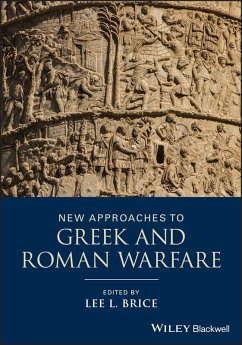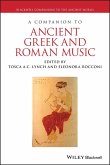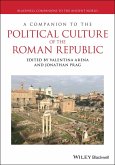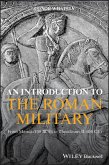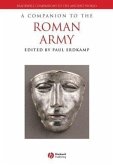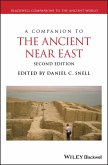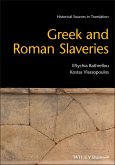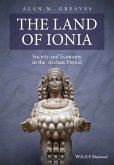Uses new methodologies, evidence, and topics to better understand ancient warfare and its place in culture and history New Approaches to Greek and Roman Warfare brings together essays from specialists in ancient history who employ contemporary tools and approaches to reveal new evidence and increase knowledge of ancient militaries and warfare. In-depth yet highly readable, this volume covers the most recent trends for understanding warfare, militaries, soldiers, non-combatants, and their roles in ancient cultures. Chronologically-organized chapters explore new methodologies, evidence, and topics while offering fresh and original perspectives on recent documentary and archaeological discoveries. Covering the time period from Archaic Greece to the Late Roman Empire, the text asks questions of both new and re-examined old evidence and discusses the everyday military life of soldiers and veterans. Chapters address unique topics such as neurophysiological explanations for why some soldiers panic and others do not in the same battle, Greek society's handling of combat trauma in returning veterans, the moral aspects and human elements of ancient sieges, medical care in the late Roman Empire, and the personal experience of military servicemembers and their families. Each chapter is self-contained to allow readers to explore topics in any order they prefer. This book: * Features case studies that examine psychological components of military service such as morale, panic, recovery, and trauma * Offers discussions of the economics of paying for warfare in the Greek and Roman worlds and why Roman soldiers mutinied * Covers examining human remains of ancient conflict, including interesting photos * Discusses the role of women in families and as victims and addresses issues related to women and war * Places discussions in the broader context of new wave military history and includes complete bibliographies and further reading suggestions Providing new material and topical focus, New Approaches to Greek and Roman Warfare is an ideal text for Greek History or Roman History courses, particularly those focusing on ancient warfare, as well as scholars and general readers with interest in the ancient militaries.
Dieser Download kann aus rechtlichen Gründen nur mit Rechnungsadresse in A, B, BG, CY, CZ, D, DK, EW, E, FIN, F, GR, HR, H, IRL, I, LT, L, LR, M, NL, PL, P, R, S, SLO, SK ausgeliefert werden.
"I can envision this book as being helpful to a variety of audiences, from students writing term papers to scholars trying to stay abreast of the state of the field. The editor is to be commended for gathering such a diverse and interesting collection of essays and for breathing new life into a field that too many have thought to be obsolete." - Matthew A. Sears, UNB, AHBOR 10 (2020) 43-46

